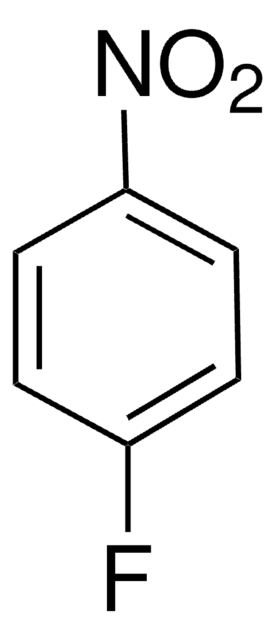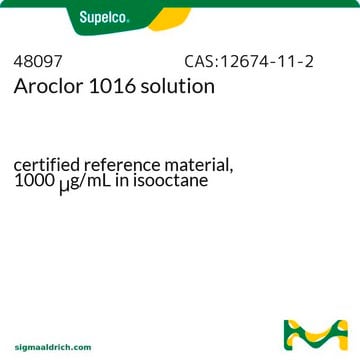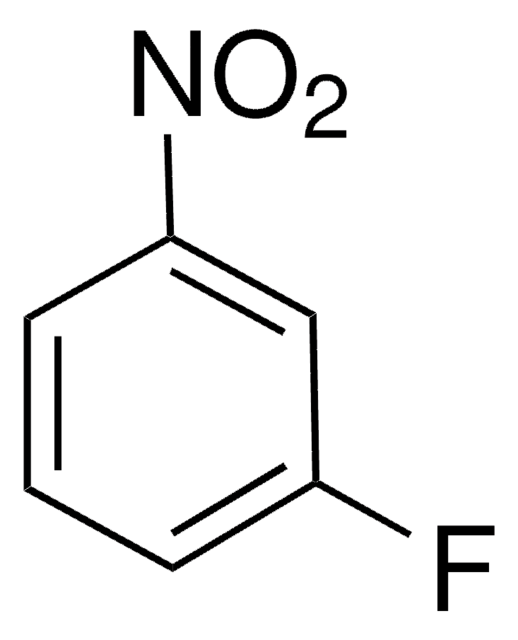34918
2,2,4-trimetilpentano
≥99.5% (GC)
Sinonimo/i:
Isoottano
About This Item
Prodotti consigliati
Densità del vapore
3.9 (vs air)
Tensione di vapore
41 mmHg ( 21 °C)
Saggio
≥99.5% (GC)
Temp. autoaccensione
745 °F
Limite di esplosione
6 %
tecniche
UV/Vis spectroscopy: suitable
Impurezze
≤0.0005% non-volatile matter
≤0.001% free acid (as CH3COOH)
≤0.005% water (Karl Fischer)
≤1 ppb fluorescence (quinine) at 254 nm
≤1 ppb fluorescence (quinine) at 365 nm
Trasmittanza
210 nm, ≥50%
220 nm, ≥80%
230 nm, ≥90%
245 nm, ≥97%
255 nm, ≥99%
Indice di rifrazione
n20/D 1.391 (lit.)
P. eboll.
98-99 °C (lit.)
Punto di fusione
−107 °C (lit.)
Densità
0.692 g/mL at 25 °C (lit.)
Compatibilità
passes test for IR spectroscopy
passes test for suitability for UV spectroscopy
Stringa SMILE
CC(C)CC(C)(C)C
InChI
1S/C8H18/c1-7(2)6-8(3,4)5/h7H,6H2,1-5H3
NHTMVDHEPJAVLT-UHFFFAOYSA-N
Cerchi prodotti simili? Visita Guida al confronto tra prodotti
Altre note
Avvertenze
Danger
Indicazioni di pericolo
Consigli di prudenza
Classi di pericolo
Aquatic Acute 1 - Aquatic Chronic 1 - Asp. Tox. 1 - Flam. Liq. 2 - Skin Irrit. 2 - STOT SE 3
Organi bersaglio
Central nervous system
Codice della classe di stoccaggio
3 - Flammable liquids
Classe di pericolosità dell'acqua (WGK)
WGK 2
Punto d’infiammabilità (°F)
10.4 °F - closed cup
Punto d’infiammabilità (°C)
-12 °C - closed cup
Dispositivi di protezione individuale
Eyeshields, Faceshields, Gloves, type ABEK (EN14387) respirator filter
Scegli una delle versioni più recenti:
Possiedi già questo prodotto?
I documenti relativi ai prodotti acquistati recentemente sono disponibili nell’Archivio dei documenti.
Il team dei nostri ricercatori vanta grande esperienza in tutte le aree della ricerca quali Life Science, scienza dei materiali, sintesi chimica, cromatografia, discipline analitiche, ecc..
Contatta l'Assistenza Tecnica.









